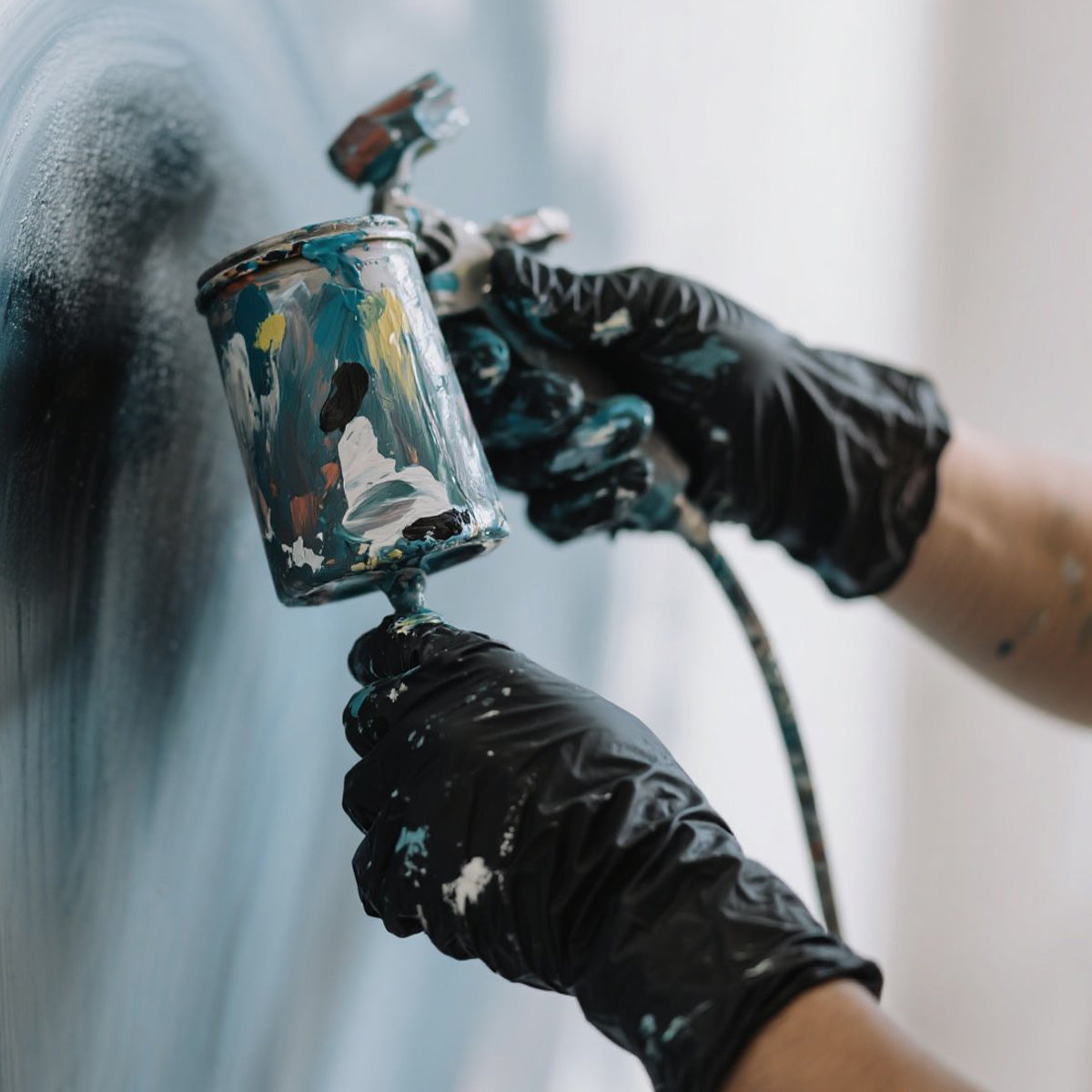Introduction: The Great Glove Debate
For hospital procurement managers, manufacturing safety officers, and laboratory suppliers, choosing between vinyl and nitrile gloves is more than just a cost decision—it's about safety, compliance, and operational efficiency.
The question on every professional's mind: Which gloves are better, vinyl or nitrile?
While vinyl gloves are budget-friendly, nitrile gloves—like those from GP GRAFT—offer superior protection, durability, and chemical resistance. In this comprehensive comparison, we'll break down:
✔ Key differences between vinyl and nitrile gloves
✔ Which industries should use each type
✔ Why GP GRAFT nitrile gloves outperform vinyl in almost every scenario
Vinyl vs. Nitrile Gloves: Key Differences
|
Feature |
Vinyl Gloves |
Nitrile Gloves |
|
Material |
PVC plastic |
Synthetic rubber (latex-free) |
|
Durability |
Low (tears easily) |
High (3x more puncture-resistant) |
|
Chemical Resistance |
Weak (degrades with oils/solvents) |
Excellent (resists chemicals & disinfectants) |
|
Fit & Comfort |
Loose, less elastic |
Snug, ergonomic fit |
|
Allergy Risk |
Latex-free but may contain phthalates |
100% latex-free & hypoallergenic |
|
Cost |
Cheaper upfront |
More cost-effective long-term |

When to Use Vinyl Gloves (And When to Avoid Them)
✅ Best For:
✔ Short-term food handling (non-greasy foods)
✔ Basic cleaning tasks (light janitorial work)
✔ Low-risk beauty services (hair coloring, facials)
❌ Avoid For:
· Healthcare procedures (high risk of tears)
· Industrial/lab work (poor chemical resistance)
· Long-duration tasks (higher replacement costs)
Why Nitrile Gloves Are the Superior Choice
1. Unmatched Durability
· 3x more puncture-resistant than vinyl—critical for:
o Hospitals (needle sticks, sharp tools)
o Manufacturing (metal/glass handling)
o Labs (chemical exposure)
2. Superior Chemical Resistance
· Withstands:
✔ Alcohol-based sanitizers
✔ Oils, solvents, and industrial chemicals
✔ Bleach and disinfectants
3. Better Fit & Tactile Sensitivity
· GP GRAFT nitrile gloves feature:
o Textured fingertips for enhanced grip
o Elasticity that reduces hand fatigue
4. Latex-Free & Hypoallergenic
· No natural rubber latex or harmful phthalates.
5. Long-Term Cost Savings
· Fewer glove changes = lower overall costs than vinyl.
GP GRAFT Nitrile Gloves: The Professional's Choice
For organizations prioritizing safety and efficiency, GP GRAFT nitrile gloves deliver:
✔ Medical-grade protection (FDA, ASTM, OSHA compliant)
✔ Powder-free & hypoallergenic options
✔ Custom thicknesses (3mil–8mil) for different needs
✔ Bulk purchase discounts for cost savings
Industry-Specific Recommendations
Healthcare/Hospitals
· Use nitrile for:
o Surgery, patient exams, and emergency care
o Handling biohazards and infectious materials
Manufacturing/Industrial
· Use nitrile for:
o Machinery maintenance
o Handling sharp or oily materials
Laboratories
· Use nitrile for:
o Chemical handling
o Precision tasks requiring dexterity
Food Service
· Vinyl is acceptable for short-term, low-risk tasks , but nitrile is better for:
o Handling raw meat, greasy foods, or cleaning chemicals
Conclusion: Nitrile Gloves Win for Professional Use
While the question "Which gloves are better, vinyl or nitrile?" depends on context, nitrile gloves are the clear winner for high-performance environments
For hospital procurement managers, safety officers, and lab suppliers , GP GRAFT nitrile gloves provide:
✅ Maximum protection against punctures & chemicals
✅ Long-term savings from fewer replacements
✅ Compliance with safety standards
Upgrade to nitrile today! Contact GP GRAFT for bulk orders tailored to your industry.



